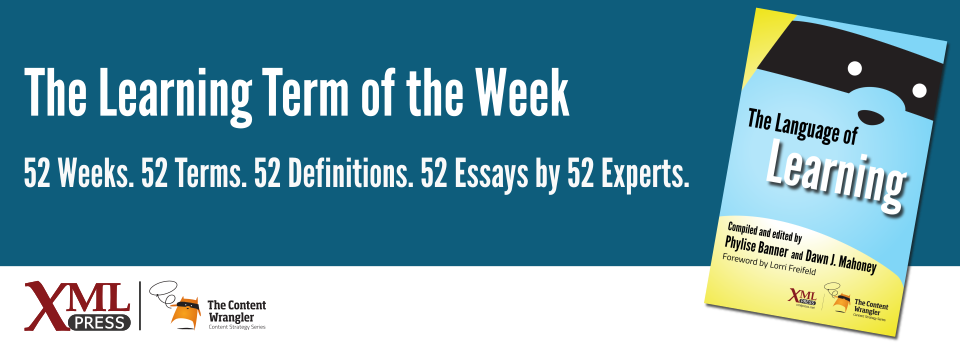What is it?
Selecting, vetting, organizing, and distributing effective content.
Why is it important?
The amount of information available to workers is increasing at an exponential rate. Business professionals have neither the time nor the expertise needed to identify the most valuable content from this seemingly endless flow. Curation selects and presents the most useful, valuable content and makes it available so others don’t need to repeat that effort. In his book Curation Nation(Rosenbaum, 2011), Steven Rosenbaum describes it this way: Curation replaces noise with clarity.
Why does a business professional need to know this?
Business professionals should care because curation is emerging as an important competency. In today’s world of work the person who knows everything is no longer the most valuable member of the team; the person who can find and share the answer to anything is.
Museum curators don’t create content. They listen, then find content that resonates. They scour the globe for artifacts related to that content and organize artifacts in such a way that guests are taken on a learning journey as they experience an exhibit. Of course, museum curators are highly trained for doing this. It is their specialty.
Business professionals are finding that curation is an important specialty in their world, too. Curation in the business world starts from the assumption that most questions have already been answered and most problems have already been solved. Curation finds the answers to those questions and the solutions to those problems and makes the results available. Good curation can help your organization and its customers become more efficient both in learning and in everyday operations.
How does curation fit into learning and performance? The most visible form of curation comes from informal learning that takes place on the job through coaching, mentoring, experiences, and sharing. But capturing this type of learning is difficult, because it takes place serendipitously and without documentation. Actively seeking to capture that knowledge and pass it on is valuable both to the company and its employees.
Business professionals can also curate the information they provide to customers to ensure that they do not overwhelm customers with irrelevant information. Curation, as a discipline, can help replace noise with clarity and enable you to deliver solutions faster and more efficiently.
References
- (Rosenbaum, 2011) Curation Nation : Rosenbaum, Steven. (2011). McGraw-Hill Education. ISBN: 978-0071760393.
- (Rosenbaum 2011) Innovate — curation!: Rosenbaum, Steven. (2011). TEDxGrandRapids. YouTube video.

